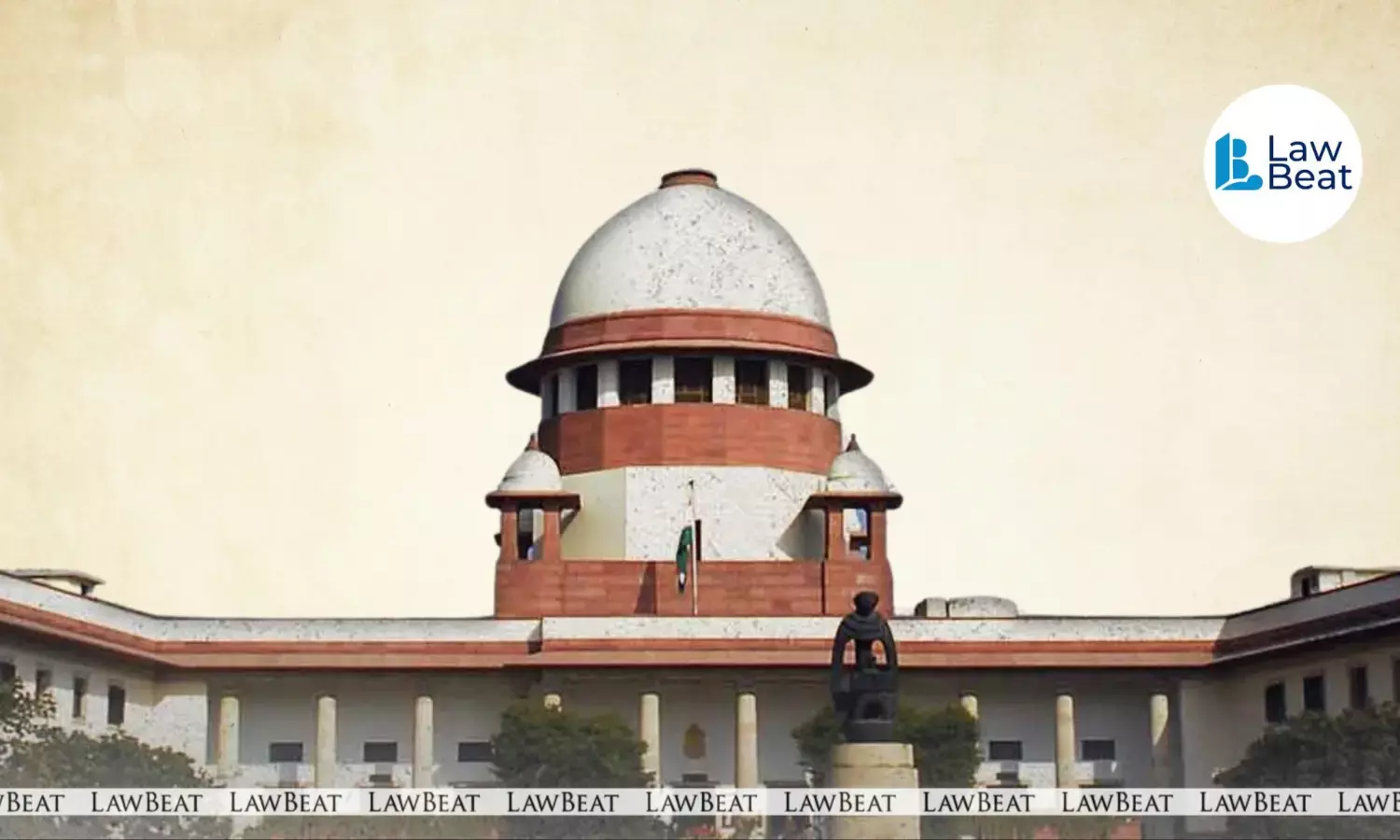SC Issues 15-Point Binding Guidelines to Prevent Student Suicides, Orders CBI Probe in NEET Aspirant’s Death

The Supreme Court has issued a landmark set of binding guidelines to prevent student suicides across educational institutions in India. Simultaneously, the Court has ordered a Central Bureau of Investigation (CBI) probe into the unnatural death of a 17-year-old girl who died while preparing for NEET in a coaching hostel in Visakhapatnam in July 2023.
The judgment was delivered on July 25, 2025 by a bench of Justices Vikram Nath and Sandeep Mehta in the case of Sukdeb Saha v. State of Andhra Pradesh & Ors.
The petition was filed by the father of the deceased student, challenging the Andhra Pradesh High Court’s refusal to allow a CBI inquiry into his daughter’s death.
Calling the growing incidence of student suicides a national crisis, the Court framed 15 guidelines that are now binding on all educational institutions, coaching centres, residential academies, and hostels across India, whether public or private. These guidelines will remain in effect until appropriate legislation or regulatory frameworks are introduced by the competent authority.
The Court observed that the right to mental health forms part of the right to life under Article 21 of the Constitution.
Citing NCRB data and other reports, the bench said the rising number of suicides in educational settings, especially in coaching hubs like Kota, Jaipur, Sikar, Chennai, Hyderabad, Mumbai, and Delhi, highlights systemic shortcomings.
The bench noted that institutional failures, the culture of silence around mental health, and the absence of a statutory regulatory regime have created an environment where students preparing for competitive examinations are overwhelmed by performance pressure and mental distress.
Among the mandatory directions, the Court ordered that all educational institutions with 100 or more students must appoint at least one qualified counsellor, psychologist, or social worker trained in child and adolescent mental health. Smaller institutions must establish formal linkages with external mental health professionals.
States and Union Territories have been directed to notify rules within two months, mandating registration and accountability norms for all private coaching centres. Every district is to set up a monitoring committee chaired by the District Magistrate or Collector.
Additional directives include:
1. Avoiding segregation of students based on academic performance and eliminating public shaming or unrealistic academic targets
2. Assigning dedicated mentors or counsellors to smaller student groups, particularly during examination periods
3. Mandatory training for teaching and non-teaching staff at least twice a year on psychological first aid and suicide prevention
4. Prominent display of suicide prevention helpline numbers in common areas, hostels, and institutional websites
5. Establishing clear protocols for mental health referrals and emergency support
6. Maintaining anonymised wellness records and submitting annual mental health reports to the relevant regulatory authority
7. Organising awareness programmes for parents and guardians on student mental health
8. Prioritising extracurricular activities to foster holistic development
9. Installing tamper-proof ceiling fans and restricting access to rooftops and other high-risk areas
On the issue of the NEET aspirant’s death, the Court found significant procedural lapses. The girl, who was staying at an Aakash Institute hostel, allegedly died by falling from a terrace. However, there was no suicide note, no psychological history, and no contemporaneous mention of suicidal tendencies. The first reports to her family and police did not mention suicide, and the autopsy showed signs that raised suspicion, including unexplained stomach contents despite ventilatory support.
The Court noted the absence of basic investigative steps, contradictory statements by authorities, and failure to preserve forensic evidence. It concluded that the narrative of suicide appeared to be a post-facto justification designed to dilute institutional responsibility.
In view of the exceptional circumstances and the need to preserve public confidence in the administration of justice, the Court directed the Director of the CBI to register a regular case (RC) and assign a team under the supervision of a Superintendent of Police to complete a comprehensive investigation within four months.
The Union Government has been directed to file a compliance affidavit within 90 days on the implementation status of the Court’s guidelines. The bench reiterated that the Supreme Court is constitutionally obligated to intervene when institutional mechanisms fail and young lives are at stake.
Case Title: Sukdeb Saha v. The State of Andhra Pradesh & Ors
Judgment Date: July 25, 2025
Bench: Justices Vikram Nath and Sandeep Mehta
